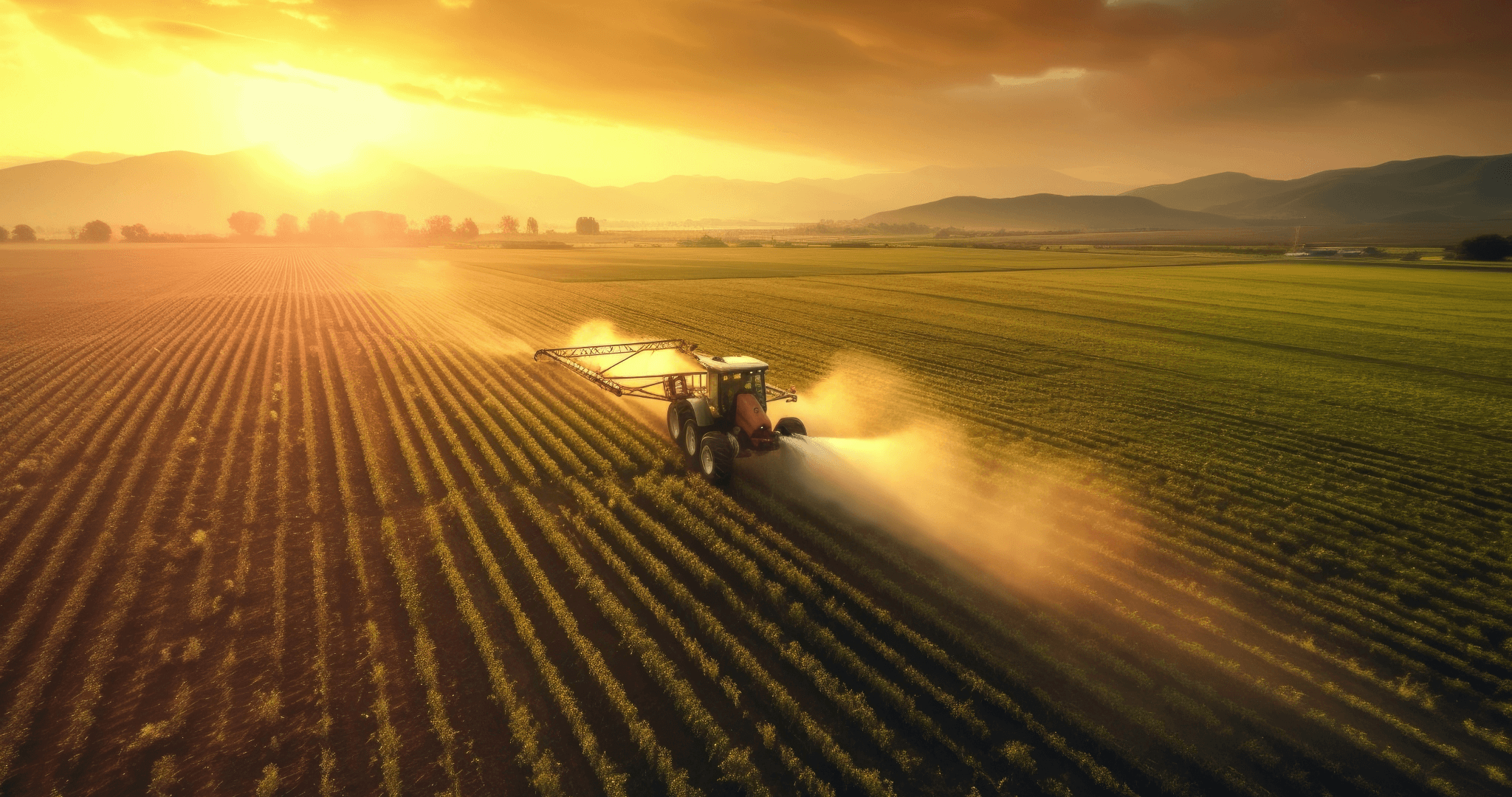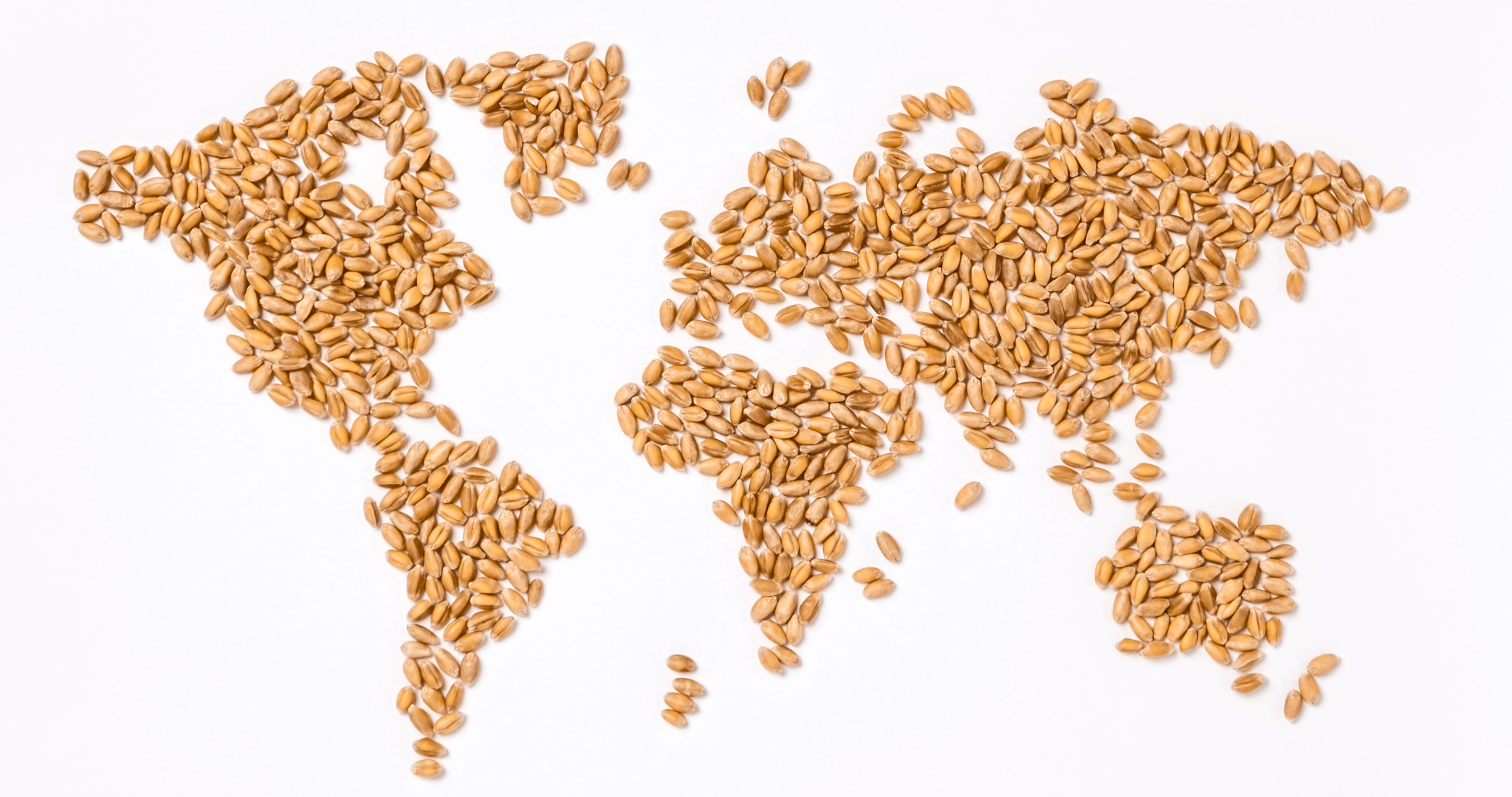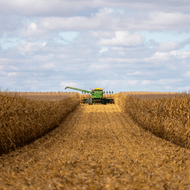Global 2024 Staple Food Supplies to Face Challenges Due to Dry Weather and Export Curbs
Posted by Emily on 26th Dec 2023 Reading Time:
Despite an increase in cereal and oilseed planting driven by high food prices, consumers worldwide are anticipated to encounter limited supplies in 2024. This situation arises from the impact of El Nino, export limitations, and increased biofuel mandates.

After years of significant gains, global wheat, corn, and soybean markets are projected to face losses in 2023. This is attributed to eased bottlenecks in the Black Sea region and global recession concerns. However, according to industry analysts and traders, susceptibility to supply disruptions and food inflation remains a concern.
Ole Houe, Director of Advisory Services at IKON Commodities in Sydney, notes, "The supply picture for grains certainly improved in 2023 with bigger crops in key areas. But challenges persist. El Nino is expected to last until at least mid-2024. Brazil's corn production may decrease, and China's unexpected large purchases of wheat and corn could impact the market."
The El Nino phenomenon will continue into the first half of 2024, threatening rice, wheat, palm oil, and other agricultural products in major exporting and importing nations. Asian rice production is expected to fall due to dry planting conditions. India, the largest rice exporter, has already restricted shipments after a decline in production due to El Nino. Consequently, rice prices have surged to a 15-year high in 2023.
India's wheat crop also faces moisture challenges, potentially leading to imports for the first time in six years. In Australia, intense heat has affected wheat yields, potentially impacting exports to countries like China and Indonesia.
On a positive note, South America shows potential for increased corn, wheat, and soybean production in 2024. Argentina is experiencing favourable conditions for grain production, while Brazil anticipates near-record farm output despite recent dry weather. However, global palm oil production is expected to decline, influencing cooking oil prices.

CoBank, a key lender to the U.S. agricultural sector, anticipates more upside price risks, citing tight global grain and oilseed stock inventories and the potential impacts of El Nino.
We welcome your insights on this topic. Please share your thoughts in the comments below.

